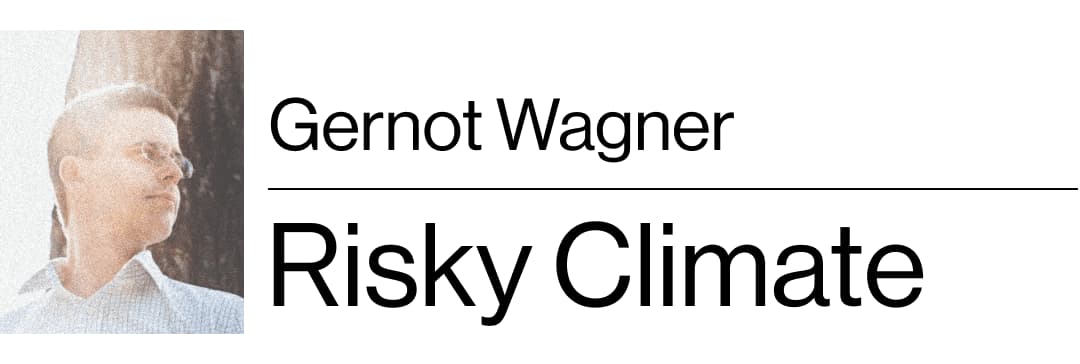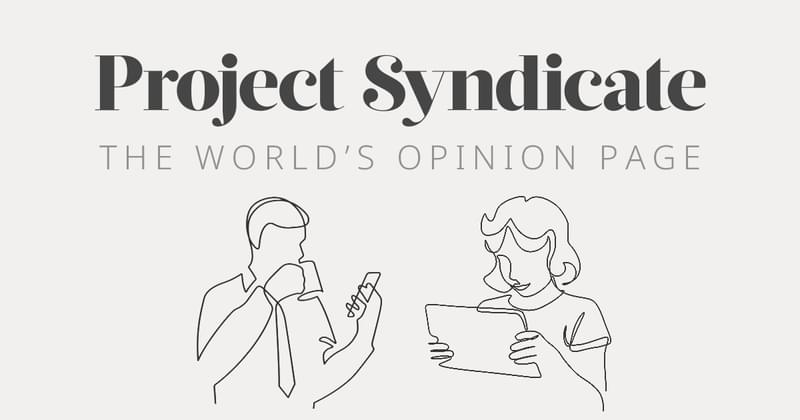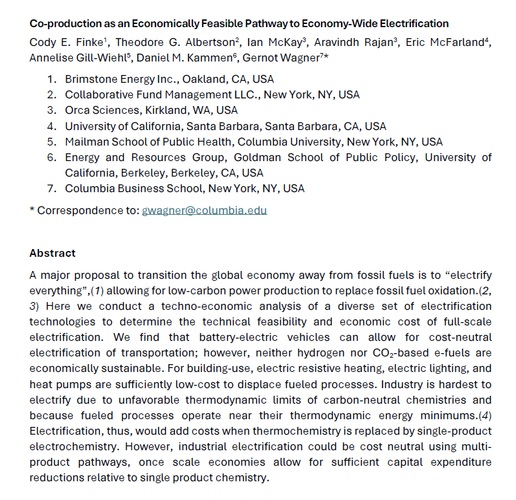Fear of Nuclear Power Should Not Stop Carbon Cuts
The severity of the climate crisis necessitates a new look at nuclear power

No topic splits the green movement as much as nuclear energy. Gas? “Transition fuel” to some, “fossil gas” to others. But no matter the term, everyone agrees that it is still a fossil fuel. And fossil fuels must go, sooner rather than later.
Nuclear power? To some it is worse than fossil fuels, to others the one true alternative. Its advocates and opponents can be unpredictable.
Senator Joe Manchin, a Democrat from West Virginia with a long history of fighting climate measures, wants to expand a tax credit as part of the Build Back Better legislation that keeps nuclear plants operating. It’s the kind of measure — and messenger — that’s bound to get at best lukewarm support from green groups. Most are either against nuclear power or have, of late, largely remained silent. They shouldn’t be as reticent.
If Manchin’s support of this credit means passage of Build Back Better’s climate package, others in support of the wider measure should take the deal. Equally important, nuclear power itself deserves a second look as a low-carbon technology.
The longstanding opposition of environmentalists to nuclear power is understandable. Nuclear’s history, after all, is intimately intertwined with the history of the environmental movement itself.
The modern environmental movement both in the U.S. and elsewhere came of age against the backdrop of the global threat of all-out nuclear war. When Rachel Carson needed a vivid example to demonstrate the dangers of the overuse of DDT as an insecticide in the opening chapters of her bestseller Silent Spring, published in 1962, she compared DDT’s effects to that of Strontium-90 and the fallout from nuclear tests.
Take this anti-war base, add to it a hefty dose of anti-corporatism, a helping of anti-capitalism, and a pinch or two of “small is beautiful,” and most environmentalists’ attitude toward nuclear power becomes a fait accompli.
Continue reading at Bloomberg Green.
Related: "Is Nuclear Power Part of the Climate Solution?" The Wall Street Journal Saturday Essay (7 January 2022); Columbia Business School lecture (22 February 2022); „Werden auf Nuklearenergie nicht verzichten können“ Profil Gespräch mit Christina Hiptmayr (24. September 2022); "Atomkraft ist Teil der Lösung" ZEIT ONLINE Gespräch mit Marcus Gatzke und Marlies Uken (16. Januar 2022); APA: „Atomstrom Teil der Antwort“ (24. Jänner 2022); WDR: Atomkraft "weder grün noch nachhaltig" (2. Februar 2022); SRF: "Spaltpilz Atomkraft" (3. Februar 2022).


